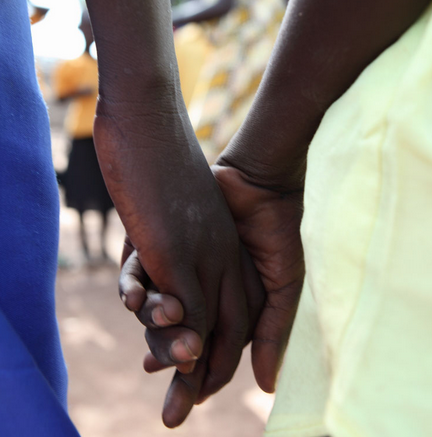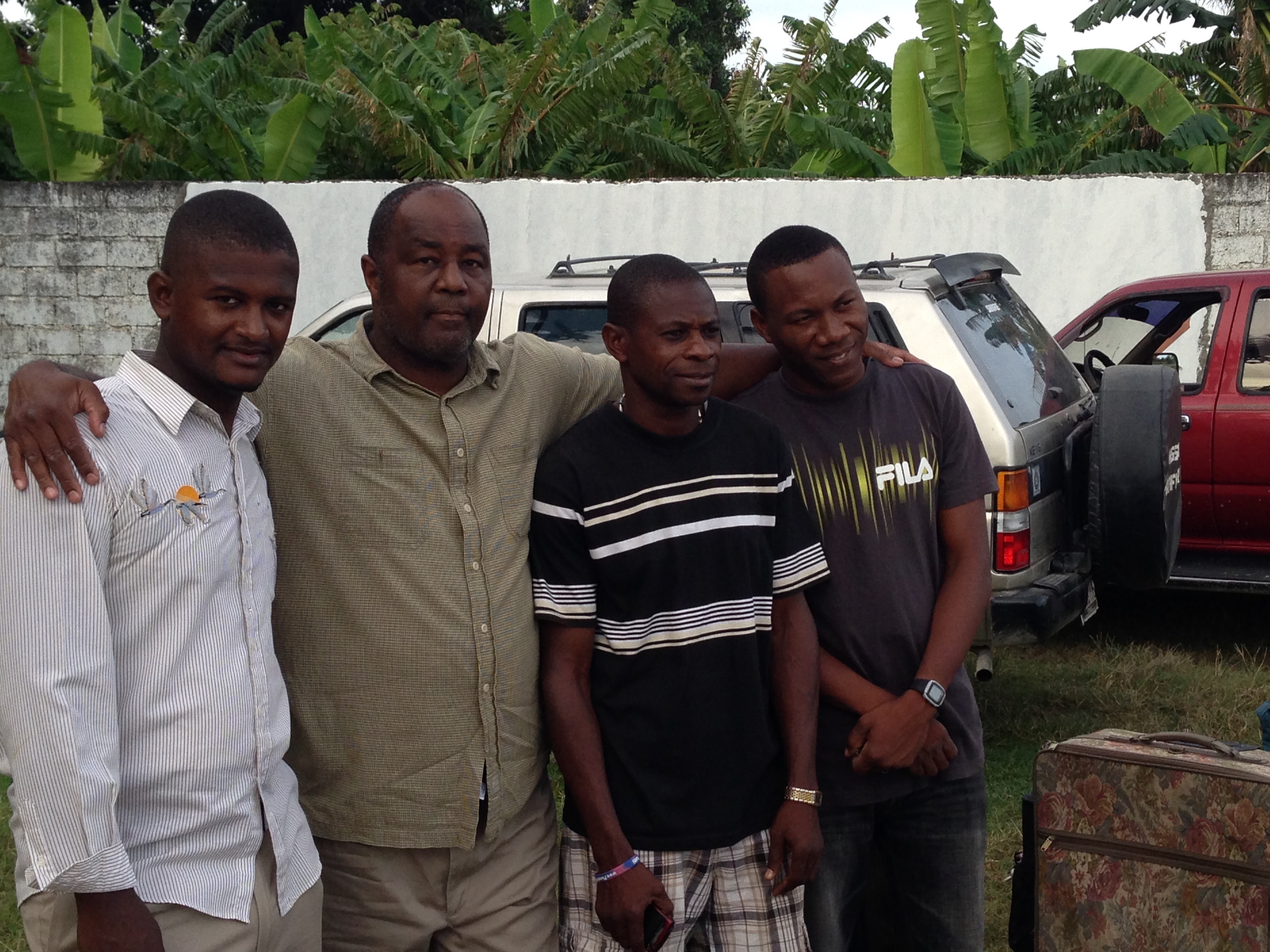When asked what my favorite thing about Haiti is, I had to pause and consider my options, because, believe it or not, there are many!
I pondered the food. Not a bad option, but such a blase answer. I clearly couldn’t do justice to the country via an edible format. My mind wandered next to the electric green blue waters, the kind that feel more like a crayola color than something that could possibly exist outside of the movie theater. But, to pick out a geographical feature in a country I’ve known on so many levels seemed far too superficial. So I stopped going through my mental rolodex of actual quantifiable experiences in Haiti and focused on how it feels being there.
And the very first thing that struck me was this:
One of the things that I adore about this country is the flow of Haitian interaction. Perhaps because they live in close quarters and share small spaces… or perhaps because they have less shame and embarrassment about common life situations, Haitians are both verbally and physically affectionate with one another, even those they don’t know. To see two men holding hands is common; for someone to slide in and out of a conversation that is not theirs is the most natural thing. Even friendly teasing comes easily and without judgement.
This way of interacting so clearly connects the people to one another. Our ‘more developed’ societies lack this connection, this easy bond and recognition of one another as humans, perhaps even equals. As Westerners, we only speak when spoken to. We stay out of others’ business. And we so rarely display affection publicly. What are we so afraid of? Rejection? Embarrassment? Or perhaps it’s a fear of having someone else see an imperfect piece of us… The Haitians are beautiful for fearing none of this, strong enough in their sense of the human experience to be real, to acknowledge their challenges alongside those of others.
And then I thought about it a bit more later and this happened: Addendum
On a superficial level, Americans are currently finding their connection through social media. Real interaction seems to matter less to us, as long as enough people like our posts on facebook. In Haiti, this is hardly an option, as most people don’t have internet connection or use these ‘tools’. On a deeper level, I believe our cultures are built on completely different ideologies about what is important. America is built on the idea of independence (not interdependence), discovery, and coming out number one. With such a competitive mindset, it’s easy to see why people wouldn’t want their downfalls or struggles to be seen or acknowledged by others. It would be considered weakness, a card you would never want your competitor to see. We’ve become much more separate than Haitians, and not for the better I think.
From the flip side, Haiti emerged as a country that had to fight for its independence from France, banding together to oust their French rulers. And since that day, due to extreme corruption and having its resources ravaged, Haiti’s people face harsher circumstances than most. I believe that this life experience, the daily grind of survival in Haiti, connects the people in a mutual understanding that would be hard to truly comprehend for most Americans. The interaction, both physical and verbal, that occurs between people, complete strangers, is perhaps a built-in cultural strategy of support within their society. As if each hug, hand hold, touch to the shoulder, or jest of the tongue is meant to lift spirits, acknowledge an understanding, give support… as if to say: I get it. I’ve been there. I AM there.
These are all conjectures, mental hubub that magically made it into a word document. But I think we could learn from Haiti; and maybe hold hands more often.
Written by Morgan Denny on June 25, 2015
For our readers, we wanted to open this conversation up for you: What differences have you noticed in the ways people interact in Haiti? Were you immediately comfortable with these differences? Which ones took more time to adjust to? Which expressions of affection, or habits of interaction, would you like to see more of here at home?



